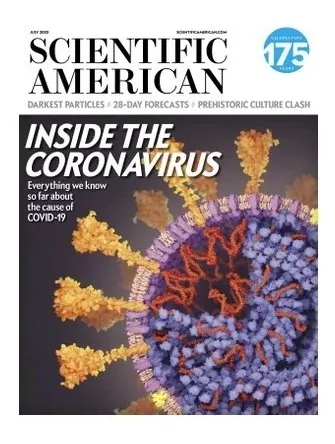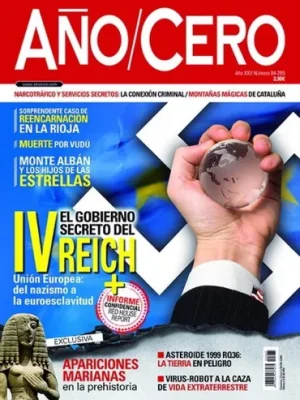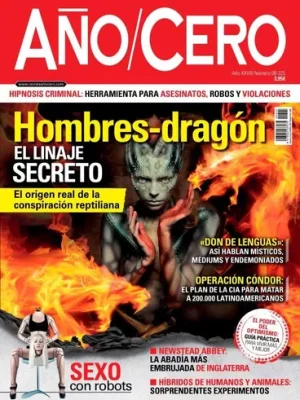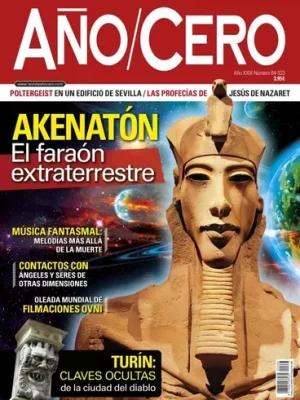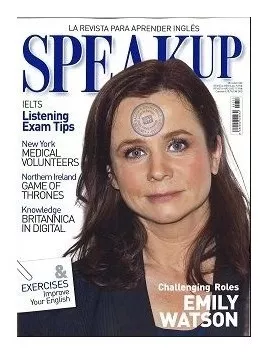Revista Scientific American Julio 2020. Inglés
$31.500
Revista Scientific American Julio 2020. Inglés
ISSN: 0036-8733
Descripción
For all the mysteries that remain about the novel coronavirus and the COVID-19 disease it causes, scientists have generated an incredible amount of fine-grained knowledge in a surprisingly short time.
Thousands of different coronaviruses may inhabit the planet. Four of them are responsible for many of our common colds. Two others have already triggered alarming outbreaks of disease: in 2002 a coronavirus caused severe acute respiratory syndrome (SARS), which killed more than 770 people worldwide, and in 2012 a different strain started Middle East respiratory syndrome (MERS), taking more than 800 lives. SARS burned out within a year; MERS still lingers.
The newest coronavirus, SARS-CoV-2, has created a far deadlier pandemic in part because once it infects a person it can lie undetected for a long time. An individual who had the SARS coronavirus did not transmit it until 24 to 36 hours after displaying symptoms such as fever and dry cough; people feeling ill could be isolated before they made others sick. But people with COVID-19 can transmit the virus before they show clear symptoms. Not feeling ill, infected men and women work, commute, shop, eat out and attend parties, all the while exhaling coronavirus into the airspace of people around them. The virus can remain undetected inside the human body for so long partly because its genome produces proteins that delay our immune system from sounding an alarm. Meanwhile lung cells die as the virus secretly reproduces. When the immune system does hear the call, it can go into overdrive, suffocating the very cells it is trying to save.
READ THIS NEXT
SPONSORED
The Frustrating Disparities at the Heart of Diabetes Care
VACCINES
Tracking Outbreaks Through Sewers, and Kids’ Vaccines on Hold Again | COVID Quickly, Episode 24
Tanya Lewis, Josh Fischman and Jeffery DelViscio
PUBLIC HEALTH
Introducing 21 Ways COVID Changed the World
Jen Schwartz
CLIMATE CHANGE
Lichens Could Need More than a Million Years to Adapt to Climate Change
Jack Tamisiea
PUBLIC HEALTH
How COVID Changed the World
GENETICS
First Gene Therapy for Tay-Sachs Disease Successfully Given to Two Children
Miguel Sena-Esteves and The Conversation US
Disponibilidad: 1 disponibles

